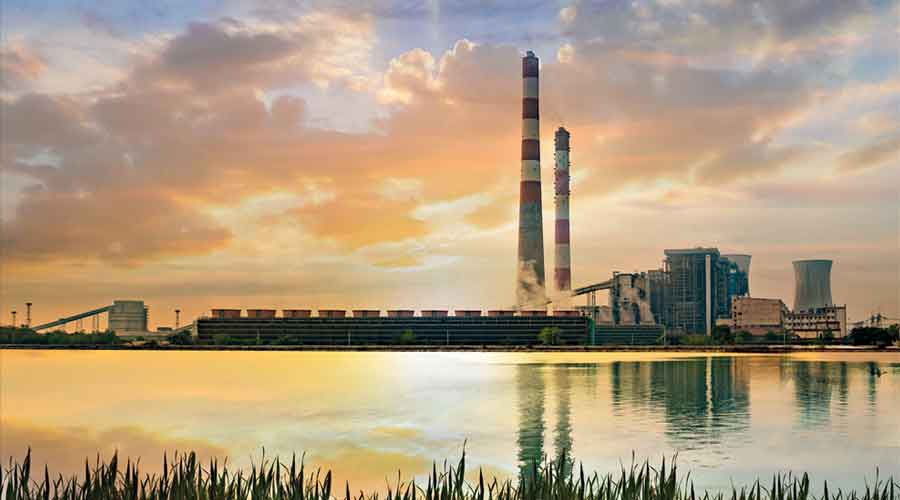West Bengal Power Development Corporation Limited (WBPDCL) is expecting a 37 per cent growth in generation in 2021-22.
According to budget documents, the state utility is expecting a generation of 32,724 million units by the end of March against a generation of 23,874 million units in 2020-21.
Union power ministry data shows that the generation from thermal power plants of the WBPDCL — Bakreshwar, Bandel, Kolaghat, Sagardighi, Santaldih — and DPL in aggregate was 30,449.04 million units as on March 9, 2022.
This is significantly higher than the generation target of 25,946 million units from the same power sources during the period.
State power department officials said that while there has been no additional capacity, the revamped units at Kolaghat, Bandel and Bakreshwar has come on stream after maintenance and upgradation work.
This has pushed the overall generation of WBPDCL, the officials said.
Further during the financial year, an additional 3.74 lakh new service connections have been added taking the total consumer base to 211 lakhs.
The state budget documents further showed that the average plant load factor of the thermal power stations of the WBPDCL was 69.36 per cent between April and November 2021, which was higher than other generating companies — NTPC (69.31 per cent) and the central sector (68.11 per cent) during the period.
WBPDCL has also stepped up its reliance on own sources of coal. The dependency on Coal India supplies has reduced considerably and the contribution of captive mines is almost 62 per cent of total consumption.
Barjore, Barjone North Gangaramchawk, Pachwara and Pachwara North are among the captive mines supplying coal to the WBPDCL power plants.
Increasing reliance on captive sources is beneficial to manage both fuel costs and availability of coal.
Further, the Trans Damodar coal mine of DPL has started mining activities and the government has also announced a Rs 10,000 crore rehabilitation and resetlement package for the Deocha-Pachami-Dewanganj-Harisingha coal block which is set to play a crucial role in self sufficiency for the state’s generating units.










